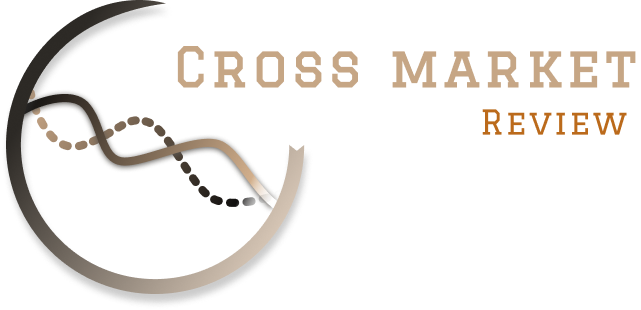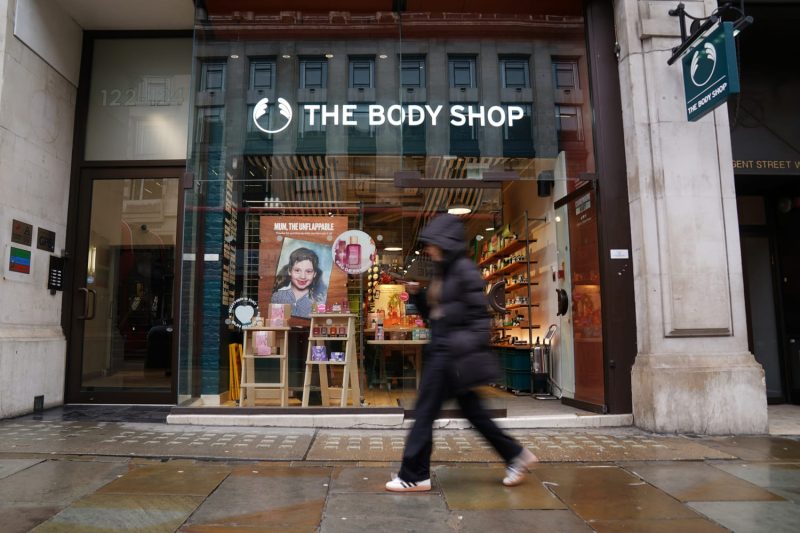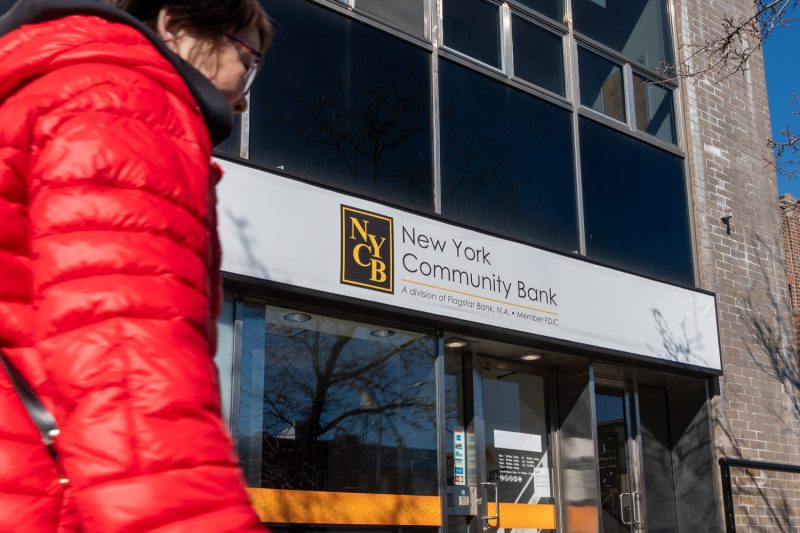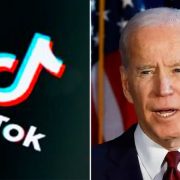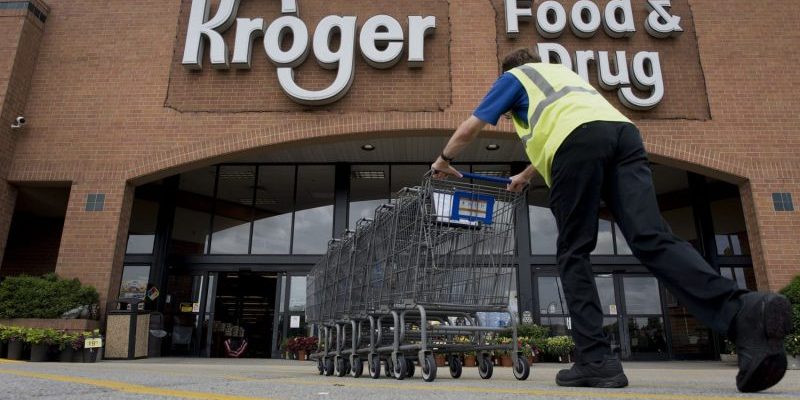
 Kellogg CEO, Chris Hood, has recently faced backlash after he suggested people could save money by eating cereal for dinner. The comment has attracted criticism and has been regarded as insensitive, particularly from those struggling with financial constraints.
Kellogg CEO, Chris Hood, has recently faced backlash after he suggested people could save money by eating cereal for dinner. The comment has attracted criticism and has been regarded as insensitive, particularly from those struggling with financial constraints.
Many people have highlighted the nutritional shortcomings of cereal as a dinner meal and have pointed out that it shows a lack of understanding of the struggles faced by underprivileged communities. They argue that it is unrealistic to consider cereal, which is often high in sugar and low in protein, as a sufficient dinner.
Supporters of Hood’s proposition suggest that he may have been aiming to promote creativity in meal planning, However, his comments are largely deemed as being dismissive of the real issues surrounding food security and the increasing living costs.
In response to the backlash, the company might need to clarify their stance and launch initiatives to show their commitment to addressing food insecurity and maintaining a balanced diet. This can include plans such as discounts for low-income families, involvement in local food banks, or even reformulating their products to increase nutritional value.
